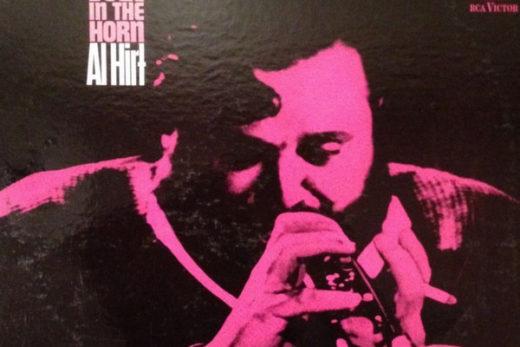
The Delfonics: Didn’t I Blow Your Mind This Time
Spinners: I’ll Be Around
O’Jays: Give the People What They Want
Teddy Pendergrass: Love TKO
All from Love Train: The Sound of Philadelphia (Sony, 2008)
‘Tis the season for Philly soul. Right now, a series of media forces are all converging around the release of Love Train: The Sound of Philadelphia, a new 4-CD boxset which came out in October. Last week, the engineers of the Philly sound, Kenny Gamble and Leon Huff were on NPR’s Fresh Air, talking about their legacy and right now, various PBS stations are carrying a two-part television special (check your local listings; PBS.org was surprisingly of little help).
Maybe it’s because I listen to Philly soul joints quite often and maybe it’s because I had started reading John Jackson’s exhaustive biography of Philadelphia soul, A House on Fire, but I was surprised to learn this recent attention is unusual. Motown/Detroit and Stax/Memphis have had lavish compilations, books and documentaries showered upon them over recent years but apparently, not so much Philadelphia Int’l Records (PIR), the label founded by Gamble and Huff that would become the prime engine (though not the only one) behind the Philly sound.
Love Train is meant to rectify that – at least partially – and its 71 songs, many of them now familiar to us as soul classics, are meant to remind us of how big an impact PIR has left on the pop music world. Certainly, there’s no shortage of incredible hits on here; a few personal favorites would include The Delfonics’ masterful sweet soul ballad, “Didn’t I Blow Your Mind This Time,” The Spinners’ catchy, “I’ll Be Around,” William Devaughn’s summertime cruising classic, “Be Thankful For What You Got“, the O-Jay’s crackling bit of funk, “Give the People What They Want,” Harold Melvin and the Blue Notes’ magnificently mellow, “Hope That We Can Be Together Soon,” and Teddy Pendergrass’ monster slow-jam, “Love TKO.”
I’ll come back to the merits of Love Train as a boxset in a moment but to riff on just the sound of PIR…I always thought Philly soul was almost like a logical progression directly out of the Motown sound, in other words, if you took what Holland-Dozier-Holland was doing circa ’66 and imagined what it’d sound like in ’71, voila! Gamble-Bell-Huff. It’s not that the latter were derivative – or better said, what R&B outfit wasn’t influenced by Motown in that era? – but rather, there’s something in the clean arrangements and glossy production that reminds me of Motown’s style (with a healthy dose of Chicago’s multi-harmony vocals sprinkled in). It also doesn’t hurt that PIRPhilly producers inherited a few acts from Motown, including the Jackson 5 for a quick spell, but especially the Spinners, who had a solid career with Motown but then blew up even bigger with PIRThom Bell working with them on behalf of Atlantic.
But whatever general stylistic differences may have existed between the two cities, in the 1970s, it’s hard to deny that the success of a label like PIR – and I don’t just mean in sales – easily rivaled that of the Motown juggernaut. Motown’s ’70s output really peaked around 1971, the year PIR began recording in earnest and in terms of overall consistency, PIR took a big part of the lead in shaping the sound of soul throughout the rest of the 1970s, especially up through the much maligned disco era.
In capturing the breadth of that sound, Love Train does as good a job as you can ask but at the same time, it is – after all – a greatest hits compilation. As such, it suffers from the same problem as all boxsets of this nature; it’s preaching to the choir by serving up the songs you already know. That’s not meant to be a harsh criticism – a set like this is a great point to begin with and therefore, a necessary first step – but as a soul fan, I’m more looking forward to a future anthology that goes deeper into other songs beyond the chart-toppers. That’s what’s happened in recent years with labels like Motown and Stax, where there has been a massive effort to plumb the depths of both to find new material to assemble (on that note, so far, Motown’s been killing it, especially with their Cellarful of Motown series, but given Stax some credit for their whimsical, Soulsville Sings Hitsville which compiles Stax artists covering Motown songs).
As I said, I’m hoping Love Train isn’t a high-point for exploring the magic that is TSOP; let all this new attention be the starting line for far more explorations in the years to come.



chatter